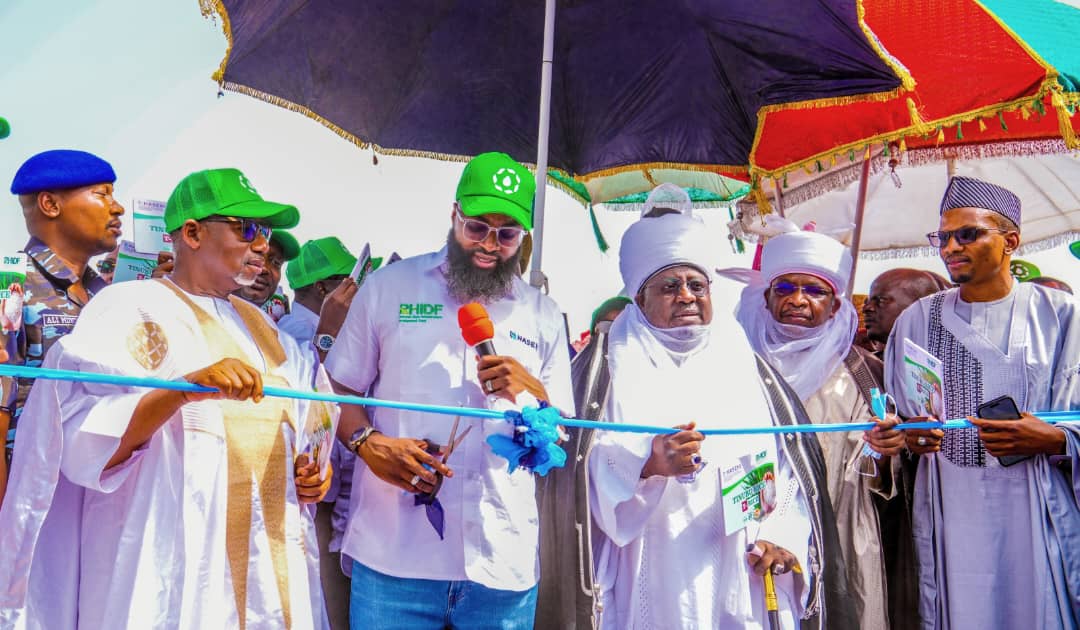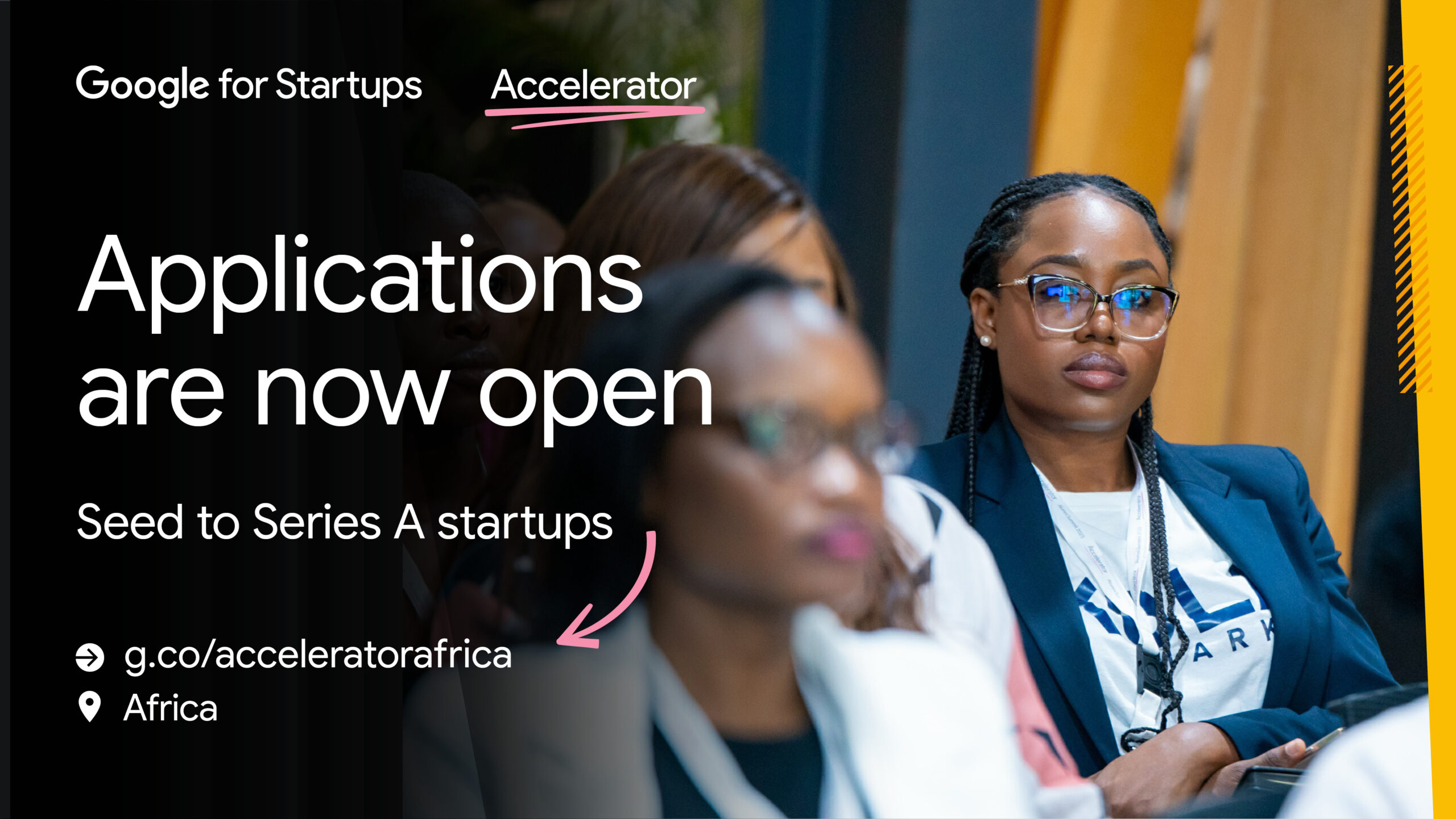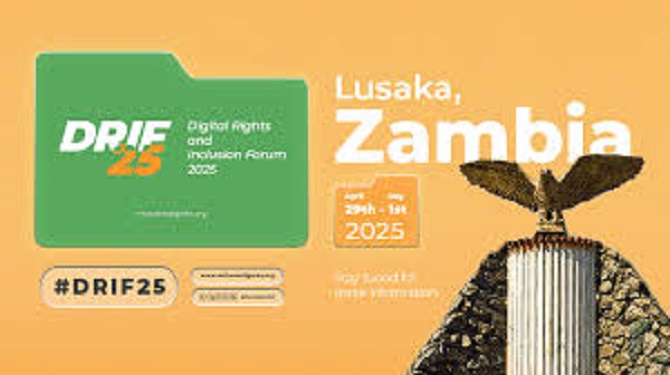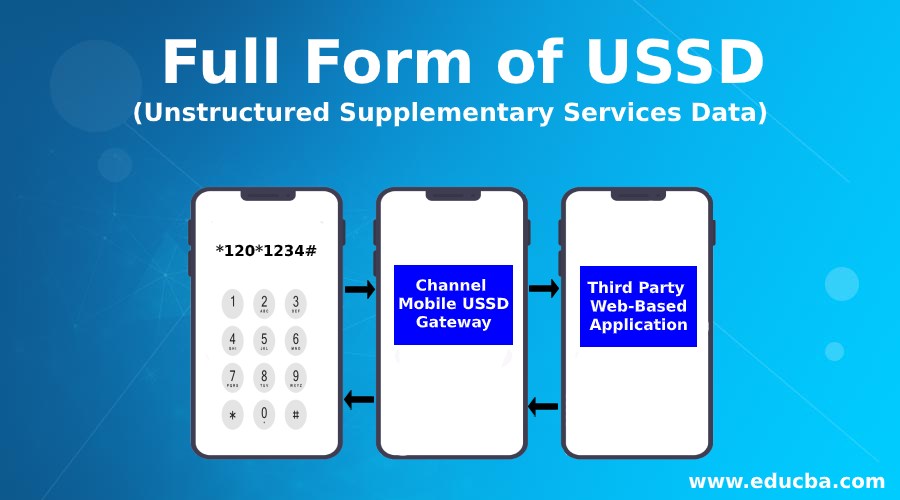Telecom
FG Targets Increased income For Farmers As NASENI Kicks-off Irrigate Nigeria Project in Bauchi State

Mr. Khalil Suleiman Halilu, executive vice chairman/chief executive officer of the National Agency for Science and Engineering Infrastructure (NASENI) has disclosed that the Federal Government’s Irrigate Nigeria Project, amongst other things, targets increase in income of Nigeria’s farmers nationwide, even as the formal launch of the initiative took place at the weekend in Gamawa Local Government Area of Bauchi State.

L-R: The Governor of Bauchi State, Senator Bala Abdulkadir Muhammad; the Executive Vice Chairman/CEO NASENI, Mr. Khalil Suleiman Halilu; the Emir of Bauchi, Dr. Rilwanu Suleiman Adamu and the Deputy Chairman, House Committee on NASENI, Hon. Abdul Malik Zubairu Bungudu at the official launch of Irrigate Nigeria Project in Gamawa local government, Bauchi State, on Saturday, March 1, 2025.
Improved irrigation, according to NASENI EVC/CEO, “helps farmers to extend the number of farming rounds made possible in a year for each farming household. And this means a rise in income for farmers as farming activities increased all through the dry season”.
Speaking on Saturday 1st March 2025 in Gamawa, Bauchi State at the formal launch of the programme, the chief executive of NASENI said the goal of Irrigate Nigeria under the Renewed Hope Agenda of President Bola Tinubu administration essentially includes the transformation of entire Nigeria’s agriculture sector through provision of sustainable irrigation systems that empower farmers to achieve year-round farming, and by extension increased productivity and reduced food prices.
He said amongst other things, the programme is jointly being implemented by NASENI and the Renewed Hope Infrastructure Development Fund (RHIDF) and also has the participation of private sector at the core of its operations and it’s in line with President Tinubu’s commitment to fully empower and enable Nigeria’s private sector with farmers to develop the Nigeria’s agricultural sector.
Beginning with this pilot phase, Halilu explained that the irrigate Nigeria Project kicked-off on a 10-hectare land in Gamawa Local Government of Bauchi State under the Public-Private Partnership (PPP) built on a large scale farming basis for the purpose of sustainability and more production.
According to Halilu “this Federal Government initiative rests on four components for its sustainability which include: first the deployment of centralized NASENI irrigation systems to support farming clusters in the participating communities, Second is the provision of input-enhanced seeds and fertilizers including technical support to the participating farmers to complement the provision of irrigation equipment, third is the specialized nature of the commercial model, aimed at ensuring commercial viability and long-term sustainability, and lastly Irrigate Nigeria Project will be run on commercial basis, but with every care taken to ensure that this does not burden the participating farmers unnecessarily”
To this end according to NASENI’s chief executive “the repayments by farmers for the support being provided will be in the form of convenient portions of their harvests, like rice paddy. These repayments will be pooled into a strategic food reserve that will help to stabilize commodity prices and also made available for institutional sale for export, and finally it has the objective of ensuring that Nigeria’s farmers are able to farm throughout the year regardless of the availability of rains while increasing the quantity and quality of harvests”
The Governor of the host state for kick off of the nationwide programme, Bauchi State, Alhaji Bala Abdulkadir Mohammed expressed gratitude to the Federal Government for choosing Gamawa Local Government Area, as the first state to benefit from irrigate Nigeria initiative.
He said “What the Federal Government is doing today in Gamawa is the fulfillment of the essence of governance, that is to create an enabling environment, and it is a plus for President Tinubu or the Federal government. This project is more than just about farming; it is about food security, economic empowerment, and national stability. It aligns perfectly with Bauchi State Government’s broader goals of expanding irrigation farming, reducing dependence on rain-fed agriculture, and promoting sustainable agricultural infrastructure”
According to Bauchi state Governor, the irrigate Nigeria initiative is a new Model for agricultural excellence, capable of leading to sustainable growth and development of the agricultural sector. “The Irrigate Nigeria Project, if implemented as designed, will have a multiplier effect across the agricultural value chain, both vertically and horizontally. It will drive knowledge transfer, introduce advanced technologies, and distribute wealth equitably ensuring that even the most vulnerable members of our society benefit from this transformation. This is the kind of structured agricultural intervention which Nigeria needs, one that prioritizes inclusivity, accountability, and long-term economic impact”, the Governor said.
Dr Mohammed Dahiru who is the Chairman Presidential Committee on Technology Transfer (PICTT) said at the occasion that the Irrigate Nigeria Project was designed essentially on the Public Private Partnership (PPP) model in order to sustain the initiative beyond its take off, and to make it run on business principles and yet not leaving the farm households nationwide behind in the overall aim of developing the whole agriculture eco-system of the country.
He said unlike similar initiatives in the past which received funding 100 percent from government or development partners and yet failed, the Irrigate Nigeria project was conceived and funded at the outset extensively on PPP basis to drive sustainability.
According to Dahiru, “no private sector puts funds into any investment and allows it to fail or go to sleep. The private sector’s mindset primarily is that anything that is worth investing in must be nurtured to succeed, which is not always the case with fully government funded projects.”
The weekend’s take-off of the Irrigate Nigeria Project in Gamawa, Bauchi State is the first phase of the Launch. The exercise will be replicated in other parts of the country by NASENI under the auspices of the Renewed Hope Infrastructure Development Fund (RHIDF).
Telecom
Google Launches 2025 AI Startups Accelerator Program for African Innovators

Google has opened applications for the 2025 Google for Startups Accelerator Africa program, a three-month initiative designed to support early-stage startups using artificial intelligence to address Africa’s most pressing challenges.

Across the continent, startups are demonstrating how local innovation can solve deeply rooted problems. In West Africa, Crop2Cash – an agritech platform and alumni of the program – is using AI to digitally onboard smallholder farmers, build their financial identities, and provide them with access to credit, traceable payments, and productivity tools.
Through these efforts, Crop2Cash is improving agricultural outcomes and unlocking economic opportunity for farmers who have long been excluded from formal systems—illustrating the kind of impact that’s possible when African startups receive the support they need to scale.
The Accelerator is open to Seed to Series A startups based in Africa that are building AI-first solutions. Startups must have a live product, at least one founder of African descent, and a clear vision for responsible AI innovation. Selected participants will receive:
Dedicated technical mentorship from Google and industry experts
Up to $350,000 in Google Cloud credits
Access to a global network of investors, partners, and collaborators
Workshops focused on technology, product strategy, people leadership, and AI implementation
AI’s potential to accelerate Africa’s development is real, and Google is investing in ensuring that African startups lead that charge. According to McKinsey, AI could add $1.3 trillion to Africa’s economy by 2030, but only if bold innovation is supported at the grassroots.
“Startups are Africa’s problem solvers. With the right resources, they can scale their impact far beyond local communities,” said Folarin Aiyegbusi, Head of Startup Ecosystem, Africa at Google.
“This program reflects our belief that AI can be transformative when shaped by those who understand the context deeply.”
Since 2018, the program has supported 140 startups from 17 African countries. These alumni have raised more than $300 million in funding and created over 3,000 jobs. Many are now regional and global leaders in their categories.
Applications for the 2025 cohort are now open. Startups interested in participating can apply at: https://startup.google.com/programs/accelerator/africa
For further information and updates, visit the Google Africa Blog or follow @GoogleAfrica on social media.
Telecom
DRIF25 Brings Together 1,000 Delegates in Lusaka

The Digital Rights and Inclusion Forum (DRIF25) is all set for its 12th edition, taking place from April 29th to May 1st, 2025, at the Mulungushi International Conference Centre in Lusaka, Zambia.

Over 1,000 delegates from 65 countries are expected to attend this highly anticipated event, with registration officially closed on April 13th, 2025.
The forum will feature esteemed speakers, including Zambia’s Minister of Technology and Science, Hon. Felix Mutati; Advocate Pansy Tlakula, Chairperson of the Information Regulator of South Africa; and ‘Gbenga Sesan, Executive Director at Paradigm Initiative.
Other notable contributors include Usama Khilji, Executive Director of Bolo Bhi, and Beatrice Mutali, the UN Resident Coordinator for Zambia.
Organized by Paradigm Initiative (PIN) with support from local and international partners such as Bloggers of Zambia, Internet Society Zambia, and the Zambia Ministry of Technology and Science, DRIF25 will focus on the theme: Promoting Digital Ubuntu in Approaches to Technology.
Discussions will tackle critical issues such as Artificial Intelligence, Data Protection, Digital Inclusion, and Human Rights.
The three-day forum will include 122 sessions, ranging from workshops and panel discussions to tech demos and exhibitions.
These were selected from a record-breaking 345 proposals, continuing the forum’s growth over recent years. Sponsors like Ford Foundation, Meta, Google, and Wikimedia Foundation play a crucial role in making the event possible.
PIN is set to unveil key publications during the event, including the 2024 Digital Rights and Inclusion in Africa Report – Londa and the organization’s book, The PIN Story: Work in Progress, chronicling its journey from a small cybercafe in Lagos, Nigeria, to a leading pan-African digital rights organization.
As one of the continent’s premier platforms for advancing digital rights and inclusion, DRIF25 promises to build on the success of previous editions, driving dialogue and collaboration among diverse stakeholders.
Telecom
Banks, Telcos Mull New Billing Plans for USSD Airtime Payments

Telecom customers will have to pay for the use of Unstructured Supplementary Service Data (USSD) by having their airtime deducted, according to an information obtained by the Guardian.

According to reports, discussions to implement an end-user billing system between telecom providers and deposit money banks (DMBs) are presently in advanced stages.
A system that charges the client directly for utilizing the USSD service instead of the service provider is known as end-user billing.
This implies that, independent of any further fees the bank may impose, the customer’s mobile account (airtime or direct billing) is deducted for the USSD session.
This is a shift from the conventional corporate billing approach where banks were invoiced for USSD usage.
Gbenga Adebayo, chairman, Association of Licensed Telecommunications Operators of Nigeria (ALTON), said to The Guardian that conversations are underway, and the mechanisms are being fine-tuned to suit subscribers, telcos and DMBs.
r billing, which the banks have been supporting for a while, may help prevent accumulated debts, as seen by the current crisis between the banks and telecom providers, according to Adebayo.
Therefore, we have started talking about switching to end-user paying without causing customers’ services to stop working.
The banks now charge you and debit your account when you make USSD (Debit alert for the transfer). Banks won’t debit you again after the talks are over; instead, your airtime will be used immediately. The funds will be deducted from your airtime rather than your account by the banks.
“The discussion has begun; we will work with the banks to agree on a migration plan. The banks have long been demanding a solution to the USSD debt problem, and this will be it. In order to prevent consumers from being charged for services they did not receive, the parties must nevertheless agree that systems must be updated and operations must be transparent.
“The discussion is underway,” he said.
Recall that on September 16, 2019, the Bank Chiefs wrote to ALTON on behalf of the Body of Banks’ Chief Executive Officers (BOBCEO) proposing a “orderly implementation” of end-user charging for bank clients that would “align with the standard practice for USSD billing.”
The bank executives expressed disapproval of splitting the profits from USSD transactions with the telcos in the note to ALTON.
They stated that the service providers, who supply the platform for the USSD service, had suggested deducting N4.50k per 20 seconds from the fees that clients pay the banks. The banks objected, claiming that it would increase the cost by 45% immediately.
However, the dynamics, especially the underlying technology, made the concept unpopular with the telcos at the time.
Instead, the carriers had demanded corporate billing. According to the telecoms, the banks declined to attend a roundtable in 2020 to address the issue and put a definitive stop to it.
As a result, the USSD obligations that are presently being recovered from were greatly exacerbated by the matter’s failure to be resolved five years ago. Since March 16, 2021, subscribers have been charged N6.98K for each USSD transaction.
The authorities instructed DMBs and MNOs to agree on payment options, either a lump amount or instalments, by January 2, 2025, in a circular jointly issued by the Central Bank of Nigeria (CBN) and NCC.
They stated that the payments must be finished by July 2, 2025, if they are chosen.
It is required that 60% of all pre-API bills be paid in full and as a final settlement. By January 2, 2025, a concerned DMB and MNO must agree on payment options (lump amount or instalments).
To be clear, if a DMB suggests instalment payment, it must be based on equal monthly instalments, and the money must be paid by July 2 at the latest.
Just to be clear, if a DMB suggests instalment payment, it must be based on equal monthly instalments, and the money must be paid by July 2 at the latest.
In accordance with past decisions made by the CBN and the NCC, DMBs are required to settle eighty-five percent (85%) of all unpaid invoices between the relevant DMB and MNO (also known as post-API debts) by December 31, 2024, following the implementation of Application Programming Interfaces (API) in February 2022.
Additionally, within a month of the invoice being served, 85% of all subsequent invoices must be paid off.
The NCC will initiate the required regulatory procedures to switch back to End-User Billing (EUB), provided that the directions in Paragraphs 1 and 2 above are satisfactorily implemented and that the agreement between DMBs and MNOs for the switch to EUB is furthered.
Only MNOs and DMBs that fully adhere to the aforementioned paragraphs 1 and 2 will be permitted to switch to EUB. In due order, the CBN and the NCC will offer guidelines on public education initiatives related to the changeover. MNOs are required to implement the “10-second rule” for USSD invoicing until the transitional procedures in paragraph 3 above are finalized.
Thus, any USSD session that lasts less than 10 seconds is not eligible for billing. “DMBs with prepaid billing options have the opportunity to migrate to EUB, subject to the execution of the required regulatory processes,” the authorities added.

 General News3 days ago
General News3 days agoWorld Bank Announces $800m Support for Nigeria’s CCT Initiative

 Telecom2 days ago
Telecom2 days agoBanks, Telcos Mull New Billing Plans for USSD Airtime Payments

 E-Financial3 days ago
E-Financial3 days agoFour Red Flags Nigerians Ignored until CBEX Crashed- DUBAWA

 E-Business2 days ago
E-Business2 days agoNIPOST in Intensive Care, Needs Reforms Need to – Kekemeke

 Telecom3 days ago
Telecom3 days agoHow Starlink Took over Africa’s Largest Internet Market
- General News3 days ago
MIT MBA Students Explore Digital Innovation at MTN Nigeria

 E-Financial2 days ago
E-Financial2 days agoLeadway Partners Firm to Launch Retail Insurance Product for Women

 General News3 days ago
General News3 days agoNITDA, SecDojo Forge Partnership to Strengthen Nigeria’s Cybersecurity Resilience




























